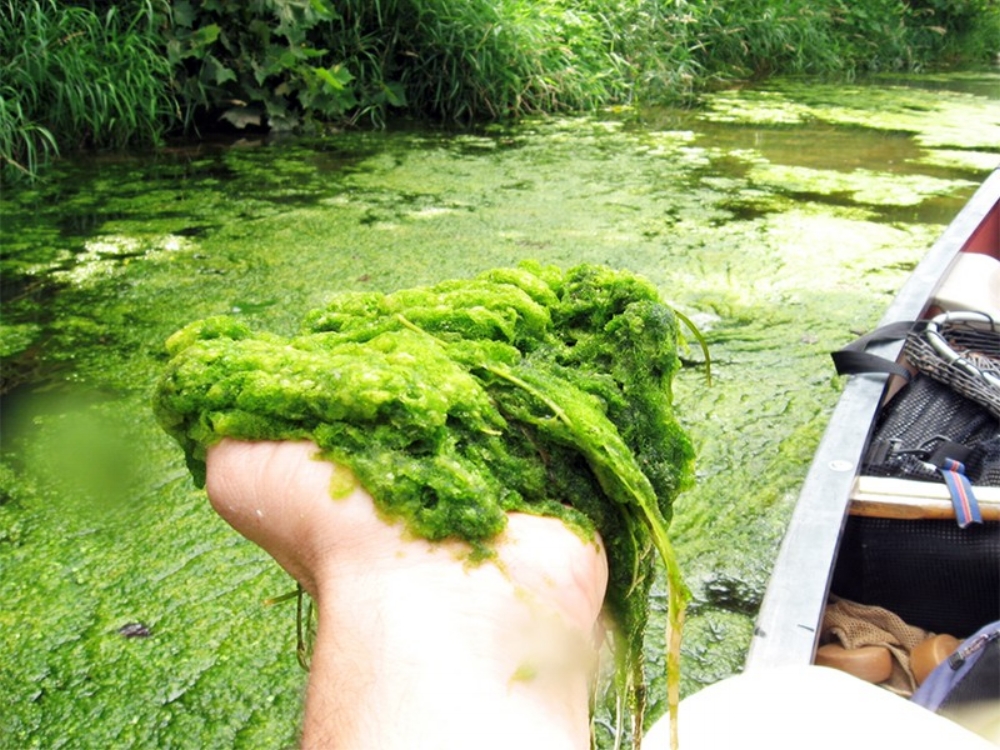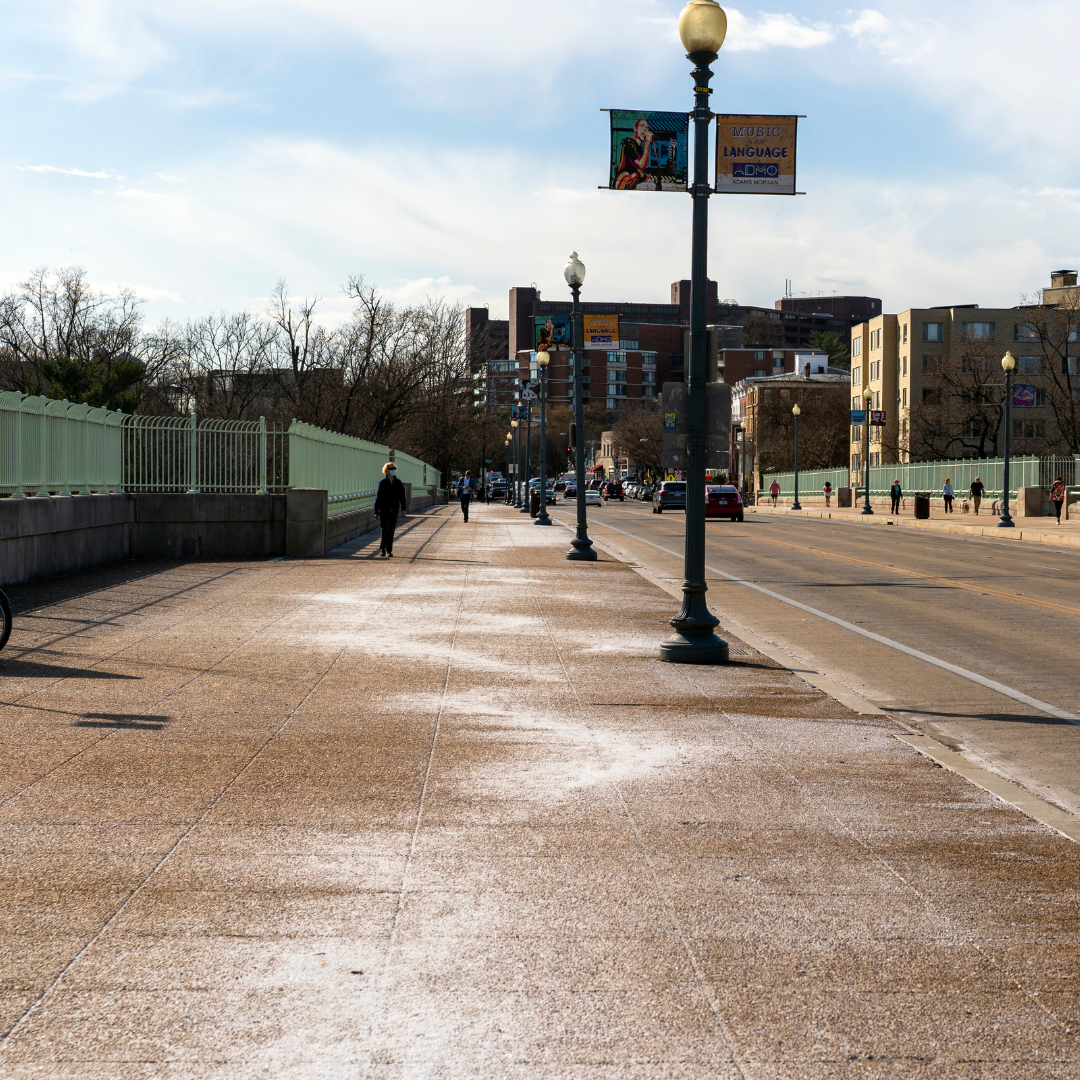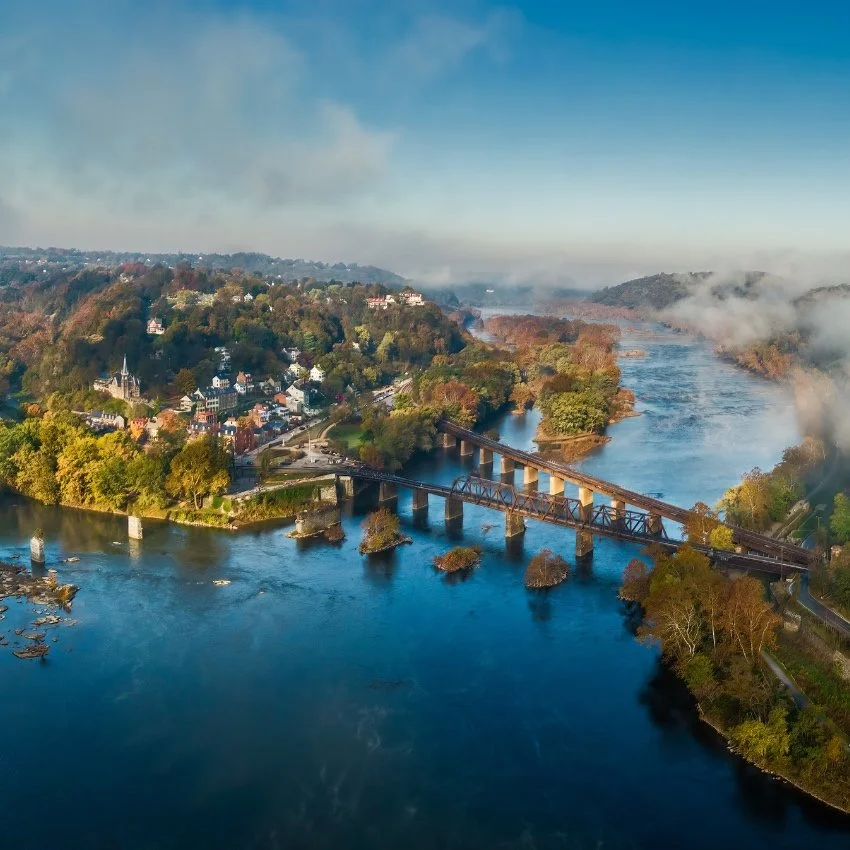Citing public health threats, local groups sue over Shenandoah River pollution
/Algae blooms and nutrient pollution pose threat to local residents, wildlife
Algae bloom on the Shenandoah River. Photo credit: Alan Lehman, Program Manager, Shenandoah Riverkeeper
Four local environmental groups are suing the EPA over pollution levels in Virginia’s Shenandoah River, a major tributary to the Potomac.
The lawsuit, filed by Shenandoah Riverkeeper, Potomac Riverkeeper Network, the Warren County Chapter of the Izaak Walton League of America, and the Potomac River Smallmouth Club, alleges that the EPA has failed to protect the river, which suffers from excessive algae blooms and high levels of pollution.
The river is a popular recreation spot, and the excessive pollution levels pose a threat to local residents, wildlife, and underwater vegetation.
Despite its popularity, the river is often unsafe for swimming. A recent report found that 90 percent of the water quality monitoring stations along the Shenandoah River and its tributaries detected fecal bacteria (E. coli) at levels unsafe for human contact between 2014-2016.
E. coli pollution is also an issue for the Potomac River. Last year unsafe levels of E.coli bacteria caused the cancellation of the Nation’s Triathlon swim portion.
But unlike in DC where sewage overflows are to blame, it’s agricultural runoff that’s harming the Shenandoah. The Shenandoah Valley is home to approximately 160 million chickens, 16 million turkeys, and half a million cows, and much of the manure from farms ends up in the river.
The organizations that filed the lawsuit want the state to list the river as impaired, which would require Virginia to impose pollution limits and work to improve the water quality.
“Despite the years of growing evidence of impairment, EPA failed to take the action required by the Clean Water Act to limit the pollution causing these algae blooms,” said Jennifer Chavez, the Earthjustice attorney representing the river groups. “DEQ’s refusal to even evaluate this evidence to make an impairment determination is unacceptable—as is EPA’s failure to step in and perform its oversight duties as the Clean Water Act requires it to do.”













What you need to know about the January 2026 Potomac Interceptor sewage spill and how you can demand accountability and action.